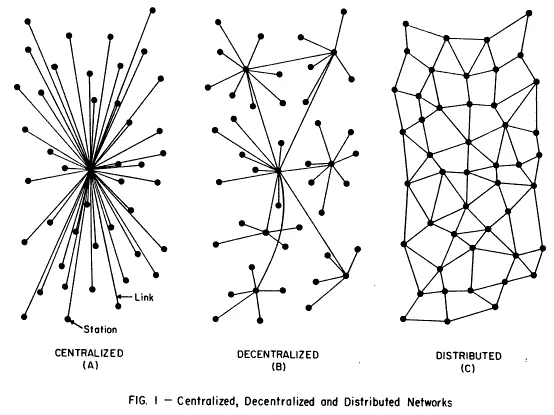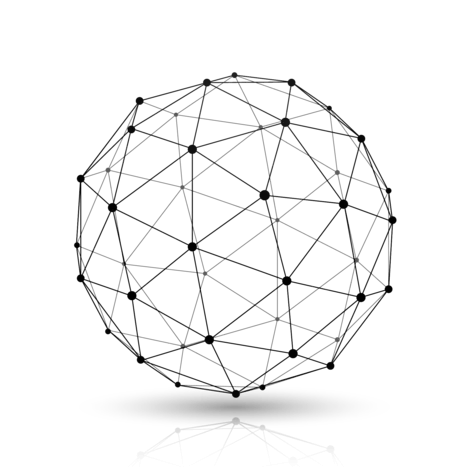
click play on the image
With the steady rise of Bitcoin, blockchain has received a front row seat on the growing technological stage, with millions of people working on bringing new ideas to the system.
At its core, "blockchain" is best described as a "platform" - designed to provide users with the ability to access decentralized infrastructure. This infrastructure provides the functionality of being able to access a global data-set without the need of having a central provider, such as the likes of Google, Microsoft or Facebook...

The big problem with blockchain is that due to its ties with the hyper-volatile "Bitcoin", it's often been seen (by the general public) as a speculative (hyped) asset, rather than an investable commodity.
Before continuing, it's vital to realize that "Bitcoin" is not Blockchain. The two are entirely independent entities. Blockchain is an open source database system which basically allows users to use "decentralized" applications (that don't have any central processor) to harness the technology and get it working on a large scale.
Whilst this is fine, the most important thing here is to understand how the "future" of blockchain could be managed, and it could give you the ability to develop & use a number of different tools / systems off the back of it. This tutorial is going to look the underlying ways this works, allowing you to discern the potential of the system.

Decentralization = Transactions
Decentralization technology is nothing new. It's been around for a long time; the difference with Blockchain is the fact that it's actually a very strong infrastructure layer, allowing for other applications to be built on top of it.
To this end, the many "decentralization" use-cases that exist are typically centered around transaction-based systems - such as the downloading of particular digital assets (from a central repository), the ability to interact with different services, and ultimately the opportunity to engage with data you may not have had access to before.
The current use-case has been demonstrated quite resoundingly through the idea of "crypto" systems (cryptocurrency), which has basically allowed people to engage in financial transactions with other people, without the need of a central processor or bank.

It also means that you're looking at building a new set of infrastructure with the technology, you'll be able to manage any of the underlying problems that may beset the system. We found that in order to do this effectively - especially with the likes of blockchain - you need to be able to manage the underlying way the system is meant to work.
Having a system that doesn't work effectively means that you are not able to manage any of the components it has. This means that the system will likely end up with potential problems, leading it to become quite unstable. This is not the problem for most centralized systems, but is obviously something to consider with the likes of blockchain.
We've found the most effective way to employ the blockchain system is to ensure that you have a large network ready to power it. Without this, you'll be unable to get the system working as effectively as possible.

 @millz to stay up to date on more great posts like this.
@millz to stay up to date on more great posts like this. 

 ㅤㅤ
ㅤㅤ 

